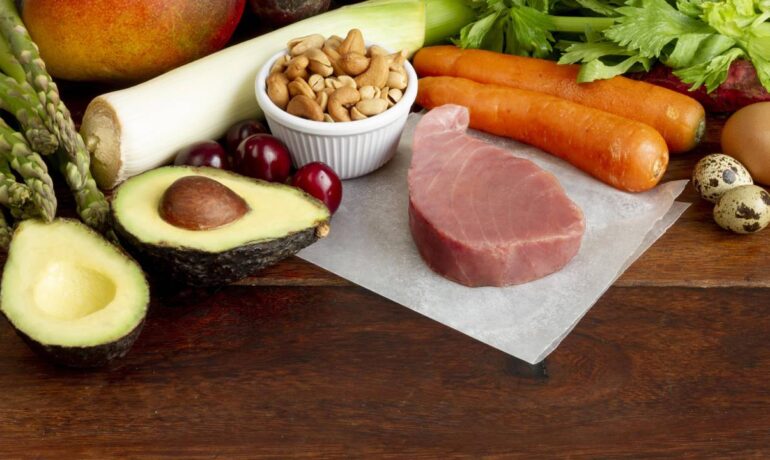Embarking on a weight loss and physical fitness journey often involves a multitude of strategies, from calorie counting to increased physical activity. There are restrictive diets and countless recommendations on what to eat – or not to eat. However, one crucial aspect that shouldn’t be overlooked is protein intake. Not only does protein play a key role in supporting muscle growth and repair, but it also aids in keeping you feeling full and satisfied, ultimately assisting in weight loss efforts.
Some easy and effective ways to incorporate more protein into your diet include:
Snack Smartly: Swap out carb-heavy snacks for protein-rich alternatives. Reach for a handful of nuts, a piece of string cheese, or a protein bar to keep hunger at bay between meals. For some patients, it’s important to watch for calorically dense foods – so ensuring the patient remains in a calorie deficit while making good choices is important. Combine protein with other food groups for balanced snacks. Pair apple slices with peanut butter, whole-grain crackers with cheese, or veggies with hummus for a satisfying and nutritious snack.
Power Up Your Plates: Make protein the focal point of your meals by incorporating lean meats like chicken, turkey, or fish. Plant-based options like beans, lentils, quinoa, and edamame are also excellent sources of protein for vegetarians and vegans. Each meal should have approximately 6-8oz of protein to ensure you’re getting adequate intake.
Plan Ahead: Prepare protein-rich meals and snacks in advance to ensure you have nutritious options readily available. Cook up a batch of grilled chicken or shrimp, hard-boiled eggs, or quinoa salad to have on hand throughout the week.
Each patient is unique in their effort for physical fitness. Take time to discuss your goals with your physician. It’s essential to approach changes in lifestyle with caution and consider individual needs and preferences. Eating a higher-protein diet may not be suitable for everyone, particularly those with certain medical conditions or dietary restrictions. However, maintaining a balanced and nutrient-rich diet is crucial for overall health and well-being.
By incorporating a comprehensive approach that includes regular physical activity and mindful eating habits, individuals can achieve sustainable weight loss and improved metabolic health over time. As always, consulting with a healthcare professional before starting any new dietary regimen is recommended to ensure safety and suitability for individual needs. At Concierge Medicine of Minnesota, we would love to partner with you to discuss your lifestyle, nutrition, and health goals.

